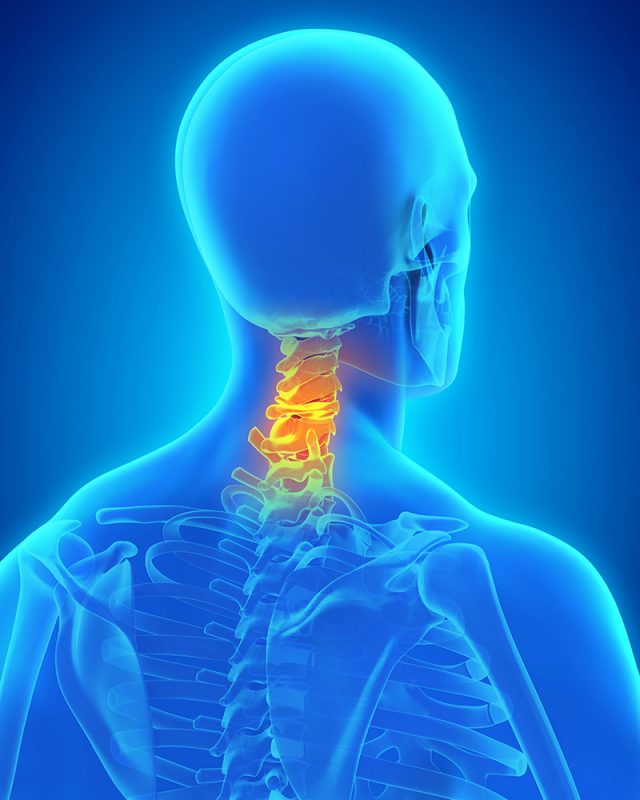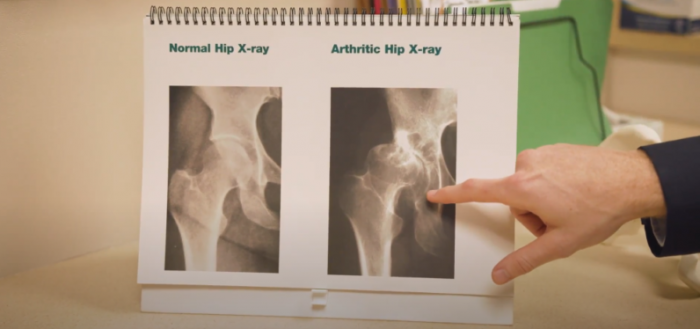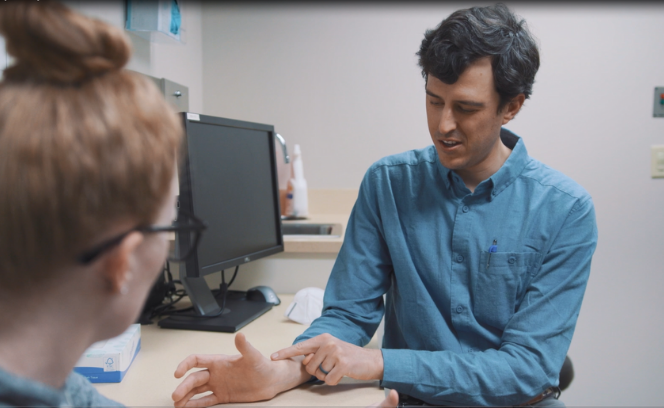
There is a reason the phrase “pain in the neck” became so popular. Neck pain is a very common complaint and seems most of us get some sort of twinge, ache, or soreness every so often. The neck is extremely susceptible to pain and injury because it is a supporting structure that is in constant use in everyday activities. The neck includes the spinal cord, as well as many nerves, muscles, and ligaments, so it is extremely easy to throw something off kilter. The range of symptoms is diverse, including muscle aches, spasms, or shooting sensations. Symptoms can also be a sudden pain vs. a dull pain that comes on over time and worsens.
There are various ways to prevent these unwanted aches, many of which begin with exercise, good posture, and maintaining a healthy lifestyle. Let’s be honest, all the time we now spend looking at our phones is not helping our posture and eventually will create more pain throughout the neck and back. Posture makes a difference. Take the time to push shoulders back and chin up, just like grandmother used to say!
As common as neck pain is, the triggers may vary. Whether it is from working at a desk or computer, poor sleeping habits, having arthritis in the joints, or lifting and carrying heavy objects throughout the day, it all takes a toll. The neck supports the head, making it more vulnerable than other areas of the body. This allows it to be easily effected by contact or collisions during events like a car accident, contact sports, or even a casual fall.
If the pain is caused by a specific incident, like a car accident, it is always best to seek professional treatment, especially if the pain is:
- Continuous and persistent
- Severe
- Accompanied by pain that radiates down the arms or legs
- Accompanied by headaches, numbness, tingling, or weakness
If pain begins gradually and the discomfort level continues to increase, there are several things you can try for relief. Yoga can help increase your range of motion and alleviate tension on the neck itself. Anti-inflammatory medications, as well as ice, heat, and massage therapy can also help to relax the muscles. If pain does not respond to these, it is best to speak with an orthopedic specialist, as they will give you a detailed physical exam using imaging such as x-ray or MRI to determine your diagnosis and treatment plan. Your doctor may prescribe physical therapy, anti-inflammatories, or injections to help alleviate your pain. In some cases, surgery may be necessary if conservative treatments do not relieve pain.





